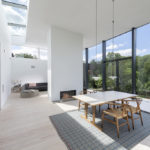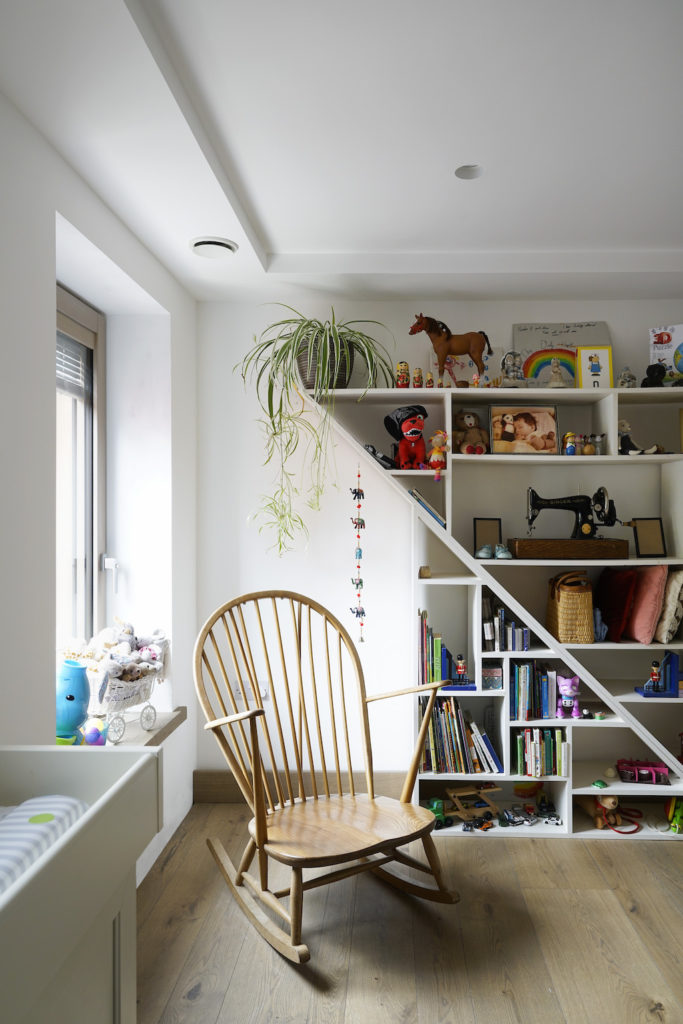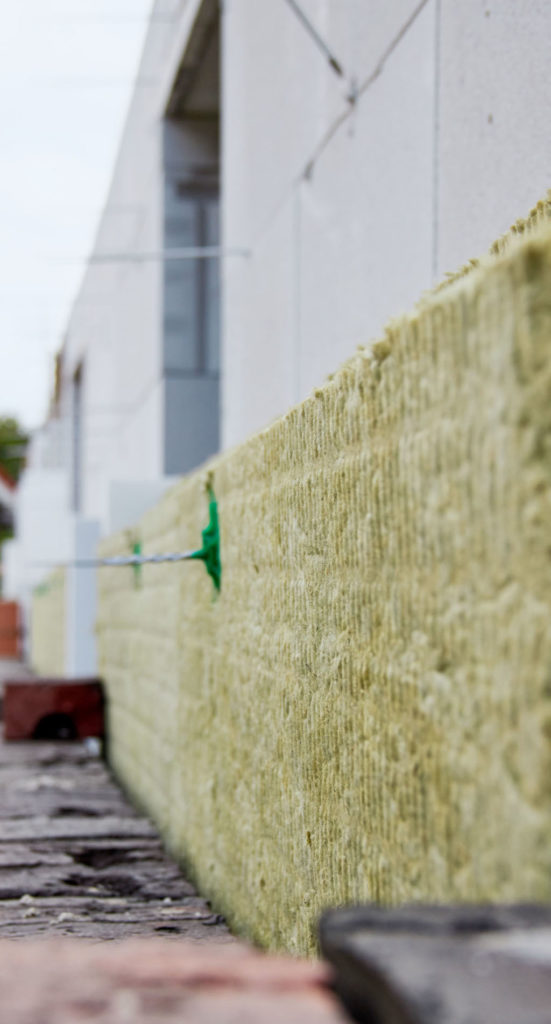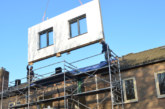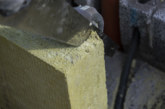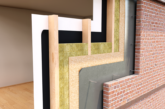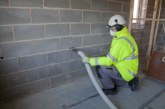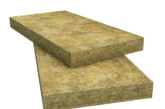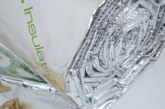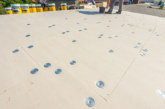Paul Barrett, Head of Product Management at Rockwool, reveals more about the company’s latest innovation in stone wool insulation and how it can support the future of UK housebuilding.
The pressure on the housebuilding sector to improve energy efficiency is rising and multi-dimensional. Alongside adapting to the changes to Approved Document L (ADL) in England and ascertaining what these changes mean in reality, the challenge now is how to tackle the more onerous implications of the Future Homes Standard. With a required 75-80% reduction in carbon emissions, the Standard is more of a leap than a step change compared to ADL, likely necessitating a re-think in how we construct new homes while, of course, balancing commercial practicalities.
In the more immediate term, energy efficiency is top of mind for buyers too, with our research finding that energy efficiency ratings are key to 76% of consumers when buying or moving home: a figure that has likely only escalated given recent energy price increases. We’re also seeing greater consumer awareness of fire performance given its media attention, meaning purchasers are demanding more from the building fabric of their future home.
Against this multifaceted backdrop, now, more than ever, developers need building product manufacturers to lead with innovation, presenting new options to help them overcome emerging and growing challenges.
NyRock technology
To this end, we recently launched NyRock technology, an evolution in stone wool composition that gives the most thermally efficient stone wool insulation currently available in the UK. Made using a new patented production process, products with NyRock technology have a more efficient fibre structure that can deliver thermal conductivity as low as 0.032 W/mK.
For housebuilders this is key as it provides greater choice in a market historically dominated by fibreglass insulation. With NyRock technology and specifically NyRock Cavity Slab 032, our stone wool slab that’s British Board of Agrément (BBA) certified for full and partial fill masonry cavity walls, we are able to offer a new low level of thermal performance for stone wool and the acoustic and fire performance that motivates buyers. These homeowner benefits are also backed by a strong commercial offer including a competitive price point, installation efficiencies such as ease of cutting and fitting on-site plus the potential for a thinner wall build up.
More with less
With space a critical commodity for housebuilders, an important benefit is that NyRock Cavity Slab 032 has a lambda value that is a 13% improvement over the existing/standard stone wool cavity slab. This means, when considering the latest notional U-values for walls in domestic dwellings, NyRock Cavity Slab 032 can achieve the target performance of 0.18 W/m²K with a thickness of 150mm, depending on construction type, which is 25mm thinner than the standard stone wool cavity products within the same wall build up.
The enhancement also means for those developers looking to go beyond Part L and achieve higher levels of energy efficiency, NyRock Cavity Slab 032 can be used in a double thickness to achieve improved U-values while minimising the impact on floor space.
We also recognise that, in the future, housebuilders are likely to face greater scrutiny of a home’s performance not just when built, but into the long term too. To this end, NyRock Cavity Slab 032, like all Rockwool stone wool insulation, is built for longevity with independent tests showing that it retains the same thermal and fire resistance properties more than 55 years after installation^ and because the product has a high density semi rigid composition, it will not slump in the cavity.
NyRock Cavity Slab 032 also comes in 455mm widths to suit standard vertical wall tie spaces and achieves a closely knitted joint with adjacent slabs, without the need for taping of the joints. This helps eliminate gaps allowing for continuity of insulation across the cavity. Further, stone wool’s high pliability negates the need for impractical levels of precision cutting on-site, minimising the margin for error and the likelihood of thermal bridging.
While thermal capabilities may continue to dominate insulation choice, there is growing recognition of wider factors – at both a sector and societal level – particularly around fire resistance following the ban on combustible materials in relevant buildings above 18 metres and 11 metres in Scotland.
With the ability to withstand temperatures in excess of 1000°C and achieving the highest Euroclass A1 non-combustible reaction to fire classification, NyRock Cavity Slab 032 gives purchasers added reassurance and developers a marketable benefit. Similarly, stone wool provides acoustic performance due to a non-directional fibre orientation and increased density that traps sound waves and dampens vibrations, significantly reducing outside sources of noise when used in an external wall.
As 2025 and the Future Homes Standard looms ever closer, housebuilders will rightly be reviewing their construction practices and considering new ways to answer more rigorous requirements and complex market drivers. Essential to this process is close working with manufacturers who can support with the next generation of products to help them deliver the next generation of homes.

